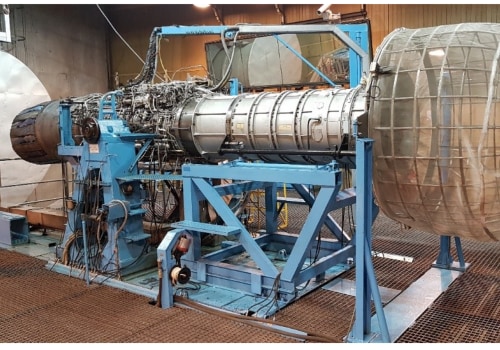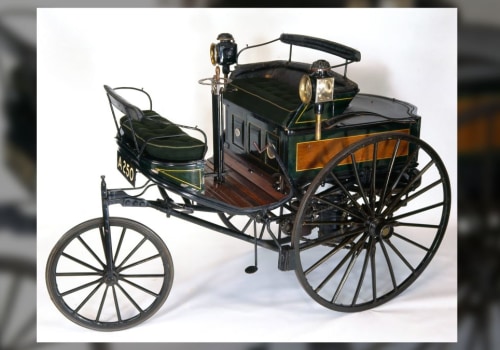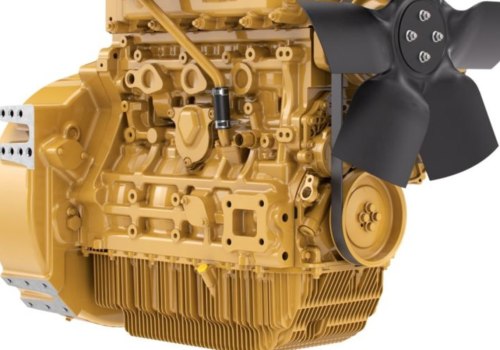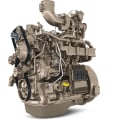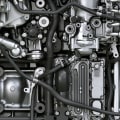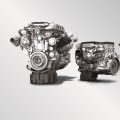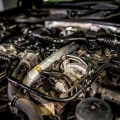Modern diesel engines are subject to stringent standards when it comes to controlling pollutants. The goal is to reduce particulate matter (PM) and nitrogen oxides (NOx) to levels close to zero. It is not just about minimizing emissions from the combustion system, but also achieving a target level of system-wide emissions. This may require increasing the emission of some contaminants from the combustion system if the performance of the aftertreatment system (ATS) is high enough.
The two main pollutants produced by humans (anthropogenic) are NOx and particulate matter. NOx stands for nitric oxide (NO) and nitrogen dioxide (NO), but most also include nitrous oxide (N2O). Diesel engines produce more NOx than gasoline engines because they operate at a higher temperature and pressure, which favors the production of NOx gases. Reducing NOx emissions from diesel engines can be done by lowering the combustion temperature, usually through exhaust gas recirculation (EGR).
This involves cooling some exhaust gases and injecting them back into the combustion chamber. However, this comes with a trade-off as it reduces power and fuel economy. NOx can be removed from exhaust gases through various techniques, depending on the application. One way is to design burners that reduce NOx emissions.
Internal combustion engines can also produce nitrous oxide (N2O), sulfur dioxide (SO2) and smog. SO2 is produced when fuel is burned in an engine and sulfur is converted to sulfur dioxide gas, which dissolves in water to form an acid. Smog is fog or haze intensified by smoke or other pollutants. The self-powered CO2 converter combines methane, CO2 and high-temperature air to reduce methane emissions, which are a potent greenhouse gas. The SPOCC reactor is another solution that collects soot from diesel particulate filters (DPF) and triggers a regeneration cycle that consists of combining diesel fuel and exhaust gases inside a diesel oxidation catalyst (DOC).
This transforms soot into fine ash. The disadvantage of using selective catalytic reduction (SCR) is the greater complexity of the diesel exhaust aftertreatment system and the fact that DEF freezes before diesel fuel.

